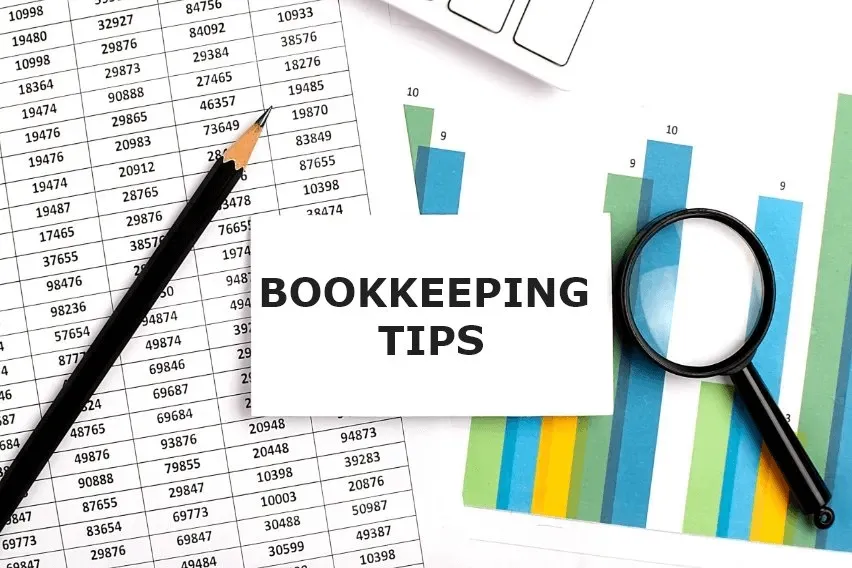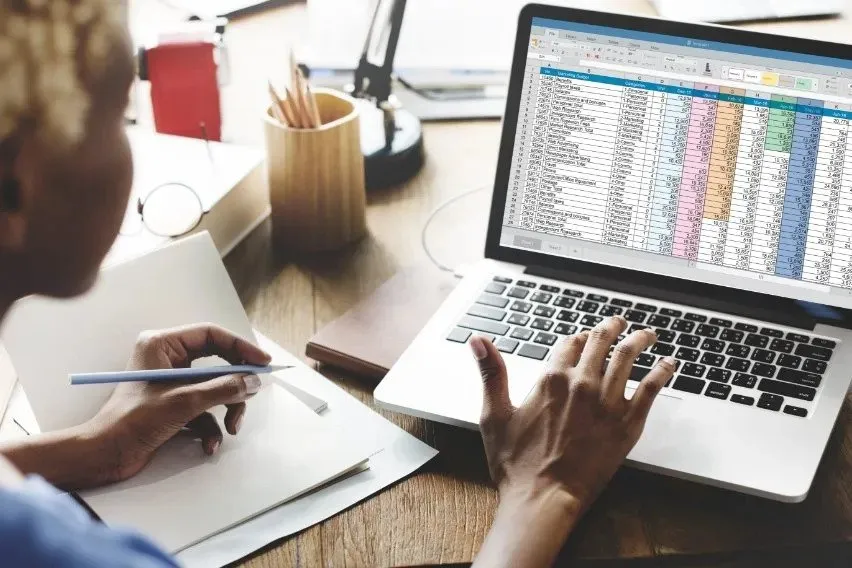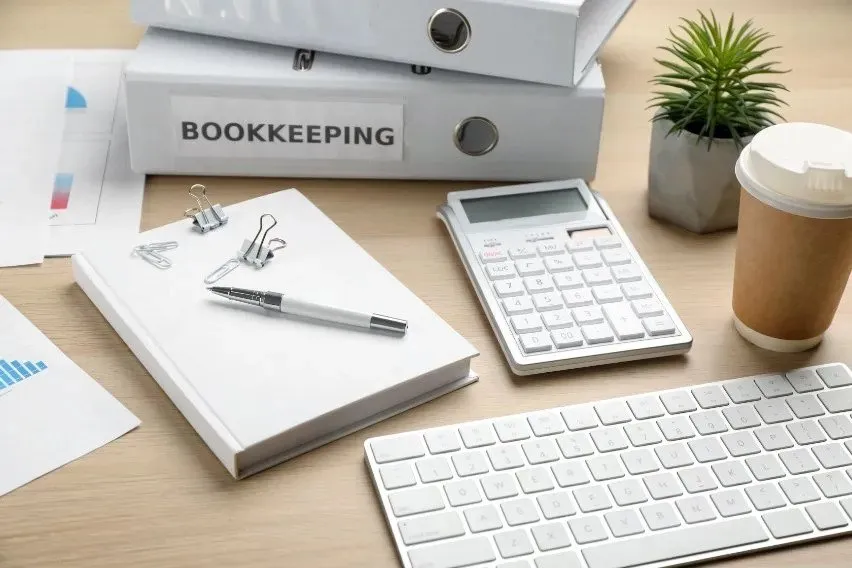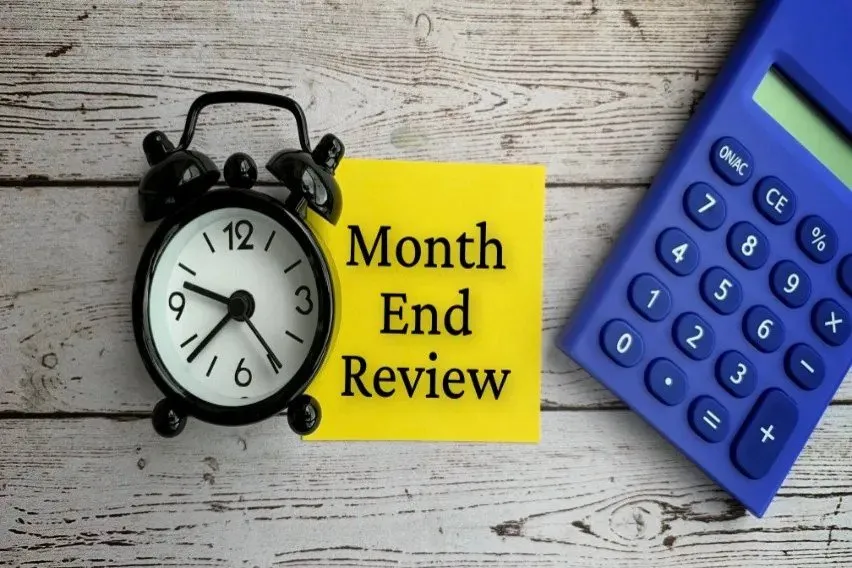Bookkeeping for Property Management: 8 Best Practices

Property management accounting aims to show how much profit a property is making. Whether you’re managing personal or rental property, accurate property accounting is essential.
Property management business owners likely view accounting as the least favorite part of their job.
But well-managed finances lead to tax savings, lowered operating expenses, increased rental income, and higher ROI. Rental property management involves managing receiving rent payments, rent receipts, and more. This means a lot of money can go through a business every month.
This leaves a business with potentially a lot of liabilities. Therefore, it’s vital to establish the best bookkeeping practices to ensure your business remains profitable.
Table of Contents
- Separate Business Accounts
- Accounting Method
- Chart of Accounts
- Bookkeeping Method
- Automate Bookkeeping With FreshBooks
- Invoices and Receipts
- Unexpected Expenses
- Reconcile Accounts
- Tax Deductions
- Optimize Property Management Bookkeeping with FreshBooks
- FAQs on Property Management Bookkeeping
Separate Business Accounts
What is the difference between your personal and business bank account? At first glance, not much. You can have a checking, and a savings account for personal use and business.
But you can only open a business account if you have a legitimate business.

There are a few notable differences. Your business bank account may have more requirements and even restrictions. For example, your business checking account may allow a limited number of transactions per month. The bank may even charge a higher maintenance fee.
You may also wonder if you should open a separate account in the same bank where your personal account is.
That’s often the best course of action, especially if you’re happy with their service. Furthermore, if the bank already recognizes you as a loyal client, it might be easier to open a business account.
But why should you have a separate account for your property management company?
First, you’re protecting your assets from legal liability. No one wants to think about their business going under, but it happens. You don’t want to risk losing your personal assets, too.
Second, having a business account provides credibility and boosts the company’s image. Of course, you may even want to request a business credit card.
Finally, having separate accounts simplifies rental property accounting. All transactions, business expenses, rental cash flow, and online payments take place in a designated account. You can easily track transactions via separate bank statements.
Accounting Method
Whether you’re managing personal property or investment properties, there are only 2 ways to track the money that flows in and out of business.
Cash basis and accrual accounting are the 2 methods available for property management bookkeeping.
The main difference between the 2 is in the timing for recognizing revenue and expenses. Cash accounting focuses on immediate recognition, whereas accrual deals with anticipated revenue and expenses. Here are more details that highlight the differences.
Accrual
When using the accrual principle in property accounting, you record income and expenses as they occur. It doesn’t matter if you’re waiting on a payment or a bank transfer. According to this accounting approach, these transactions are final. But it works the other way around, too.
Suppose you have a rental property by the sea, and your tenant pays 6 months in advance.
Using the accrual accounting method, you’ll record it as 1 payment per month in the next 6 months. Basically, accrual doesn’t track cash flow but records accounts receivables and accounts payable.
It’s one of the most accurate accounting systems which offers excellent long-term results. There are a few disadvantages to consider. This type of bookkeeping may create an appearance of profitability.
Also, it’s more complicated to use when dealing with unearned or prepaid sums. Property management companies that use an accrual system must file financial statements to regulatory bodies.
Cash Basis
Cash basis accounting allows you to record earnings on the income statement when the money arrives. You only record expenses if you’ve paid out a specific sum. The cash accounting method is most common for small businesses.
On site, property managers tend to rely on the cash-based accounting system as it keeps everything simple.
But even a commercial property rent manager and larger property management companies may see benefits to this method.
It’s important to touch on some disadvantages as well. The cash basis system may overstate how much cash a company has, which can lead to unfavorable investments.
Chart of Accounts
By now, you’ve probably thought, “I need a cheat sheet for property accounting!” That’s perfectly understandable.
The chart of accounts comes close to that definition. But let’s go into more detail. Every time you record a rent payment, invoice, an annual billing, or any transaction, it goes into a specific account.
It’s a list of all the company’s accounts in one place, just like a tax deductions cheat sheet for property management. The more detailed your chart is, the better ‘cheat sheet’ you’ll have.
This type of chart typically includes:
- Balance Sheet Accounts – The list includes all the financial reports a business needs to create a complete balance sheet. Asset, liability, and equity accounts fall into this category of financial statements.
- Income Statement Accounts – Revenue, expense accounts, and cash flow statements are part of this list.
Bookkeeping Method
We’ve touched on different methods of accounting, but we also have to discuss bookkeeping methods. But first, is there a difference between accounting and bookkeeping? After all, these terms are frequently used interchangeably.
They, indeed, are very similar. However, bookkeeping deals more with recording financial transactions, whereas accounting reviews and analyzes financial accounts and data. There are 2 main bookkeeping methods: single entry, and double entry.
Single Entry
This type of bookkeeping is the go-to option for a smaller property management accounting system. If the transaction activity is minimal, a single entry approach is sufficient.
When using this method, you only record a transaction once. The list of income and expenses has a single row with positive and negative values.
Double Entry
Double entry bookkeeping is more complex. A property management business will record each transaction twice as debits and credits.
Every single entry to a specific account needs an opposite yet corresponding entry in a different account. The total amount delivers a balanced outcome.
Automate Bookkeeping With FreshBooks
What is the best way to handle all of your property management accounting needs? Investing in high-quality property management accounting software is the answer that comes to mind.
One of the best solutions on the market is FreshBooks. Property accounting has special considerations.
Tracking rent payments, rental properties, and reconciling bank accounts takes time and effort.
With FreshBooks premium accounting software, these tasks become automated. This accounting system is perfect for property accounting. You can create reports, keep track of your real estate accounting, and read essential financial statements.
FreshBooks can save you the money you’d waste on an in-house accountant. It also saves you the trouble of offering bookkeeping training to employees, as anyone can use FreshBooks.
You can try FreshBooks for free and use their many resources to learn everything you need about bookkeeping for property management.
Invoices and Receipts
Rental property accounting also includes managing invoices and receipts. Positive cash flow is incredibly important for a business.
But without invoice and receipts management, that is difficult to achieve. But what is the difference between an invoice and a receipt in accounting terms? An invoice is a document containing a request for payment.
A receipt is a document that confirms the payment. Invoice and receipt management is essential because it helps prevent delays and human errors. What if the tenant paid but didn’t receive a receipt?
That puts them in a vulnerable position. Furthermore, keeping invoices and receipts in order is excellent tax advice. Remember, top-quality property management software can help you maintain a flawless invoice and receipt system.
Unexpected Expenses
As with any business, rental property management must consider unexpected expenses. Rental property accounting must include budgeting for specific events impacting the business. For example, replacing appliances, painting, hot water system replacement, and pest treatment are all expenses that can occur at any time.
Furthermore, managers must account for the lack of income during rental property vacancies. Other expenses may affect the business, too.
Perhaps you’ll need to pay more taxes than you previously thought. Or maybe the insurance premiums have increased. Finally, unexpected expenses may include paying for marketing tools if there are too many vacancies.
It’s impossible to plan for every unexpected expense, but experienced property managers typically know how to budget for these events. And rental property accounting software helps them set aside these funds.
Reconcile Accounts
A monthly bank reconciliation will keep your rental property accounting system in check. It’s fair to say that it can take some time to reconcile these accounts, but it’s an important preventive measure.
By using bank reconciliation as a rental property accounting practice, you’ll spot errors, typos, missing entries, and missteps you otherwise might miss. The good news is that the best bookkeeping apps allow you to start the reconciliation process promptly and keep track of every change.
Tax Deductions
One of the best ways to save money with efficient bookkeeping is to track deductible expenses, including valuable landlord tax deductions. It doesn’t mean you’ll discover some tax shelter or loopholes that will allow you to stop paying taxes. But property management firms have the right to specific deductions.
For example, you can deduct expenses for training, business vehicle mileage, and even on bookkeeping services. But here’s a more comprehensive list of expenses you can deduct during tax season:
- Cost of repairs
- Cleaning supplies
- Legal fees
- Real estate taxes
- Mortgage interest
- Advertising
- Insurance
- Lease cancellation costs
If you pay wages to the employees working on-site, like managers and maintenance people, you can apply for a tax deduction. The same applies to the money you pay to contracting companies that handle repairs and maintenance.
Optimize Property Management Bookkeeping with FreshBooks
Property management involves a lot of different tasks. That’s why many landlords outsource this job to an accounting company. However, many choose to invest in a reliable accounting program and keep track of their finances themselves. You can learn property management bookkeeping even if you have never read a financial statement.
Accounting platforms like FreshBooks are very user-friendly and allow you to manage your business bank account, keep essential financial records, and record rental cash flow and deductible expenses. These 8 rental accounting system practices will help you keep your records organized.
Take special note of keeping the invoice and receipt management system in perfect order and plan for unexpected expenses. Finally, you have a business account for a reason. Only glancing at it occasionally isn’t enough. Periodic reconciliation can make a world of difference.

FAQs on Property Management Bookkeeping
Do property managers do bookkeeping?
Property management accounting is within the scope of this profession. Property managers have various responsibilities, including rent collection, maintenance, and property management accounting. The complexity and extent of the bookkeeping they complete varies. They may outsource the job to another company or use account management software.
How do I keep track of rental property expenses?
Rental property accounting changes depending on how many units you’re managing. Some people only need an Excel spreadsheet as they contain a single rental property. However, if you need to keep track of multiple rental property units, using property management accounting software is the way to go.
Do landlords need accountants?
Landlords without experience in property management accounting may need to hire an accountant. On the other hand, property management accounting software with all the functionality you need is an excellent choice, too.
What is the best accounting software for property management?
These days, property owners, real estate investors, and property management firms can find great accounting software. These apps offer excellent accounting features, track key metrics and capital appreciation, and maintain a general ledger. Some of the best property management software include FreshBooks, Buildium, Sage, and Property Matrix.
RELATED ARTICLES

 15 Bookkeeping Tips: Every Small Business Needs to Know
15 Bookkeeping Tips: Every Small Business Needs to Know Automated Bookkeeping: Benefits, Drawbacks and Prices
Automated Bookkeeping: Benefits, Drawbacks and Prices Outsource Bookkeeping: 6 Benefits, Types & Process
Outsource Bookkeeping: 6 Benefits, Types & Process Bookkeeping with Excel: 6 Steps, Pros, Cons & Example
Bookkeeping with Excel: 6 Steps, Pros, Cons & Example Bookkeeping for Nonprofits: A Basic Guide & Best Practices
Bookkeeping for Nonprofits: A Basic Guide & Best Practices Month End Close Process: Importance, Checklist & Best Practices
Month End Close Process: Importance, Checklist & Best Practices